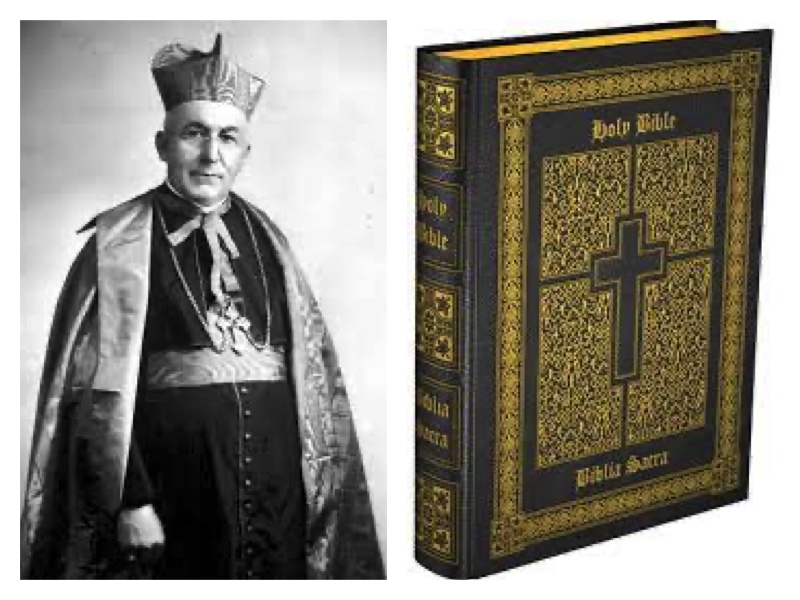Should You Obey Your Superior or the Bible? Hopefully, both. In happier days of the Church, there was never a rub between the two. But I keep getting emails and texts requesting help on understanding obedience. What does a physician do at a hospital if the CEO wants him to take an abortion-tainted injection? What does a teenager do if his parents tell him to go to a Drag-Queen story hour at the local library? What does a priest do if his bishop tells him to no longer preach on Fatima or offer the Traditional Latin Mass? These are questions I am getting from more than just traditionalists. In fact, a charismatic friend called me with just such a question this past weekend.
So, Should You Obey Your Superior or the Bible? Hopefully, both. But what about when there’s a disagreement between the two? If you say “The Bible,” then you are just like Martin Luther in the 16th century or the 35,000 different denomination leaders in the United States who currently think they all have “the most accurate” interpretation of the Bible. Clearly, the Bible as an authority without living and breathing superiors causes major confusion.
However, if you simply answer, “Your superior,” without qualification, then you are in danger of approaching obedience in the capricious ways of Islam. An extreme example, but one that explains Islam is this: If your imam tells you to fly an airplane into a building, you don’t have to square away faith and reason as you do in Catholicism. In Islam, Allah is so transcendent that a Muslim may just obey the most arbitrary commands of his imam. So also, Catholics can’t obey any command, willy-nilly from a religious superior or a CEO or even a parent.
I’m under no illusion that there was a time of Church history free of sinful religious superiors and bishops. Of course, one rarely got along with everyone in religious life. But people at least shared the same faith in most of Church history. Indeed, there was never a such a divide between the Magisterium and the hierarchy as there is today. Yes, the Arians attacked Trinitarian theology but not even they doubted natural law written on every man’s heart—cf Rom 1—that prohibits unnatural lifestyles. So, I believe in no other time of Church history would a priest have to instruct the faithful in such a complex questions as I’m getting on text, email and phone.
The best answer I have come across comes from Dr. Peter Kwasniewski conglomerating the work of St. Thomas Aquinas (and the Magisterium) in his new book True Obedience in the Church. Below is a very practical tool. The fact is that when you see a disconnect on moral commands between, say, your Bible and your bishop, you might be surprised to read that St. Thomas Aquinas will tell you go with the Bible. That is not Protestant. Here is the classic Catholic Magisterium’s standard operating procedure for determining the importance of different sources of obedience regarding doctrinal theology, moral theology and even liturgical implementation. As you read the following, notice how low St. Thomas Aquinas (and others) place obedience to superiors and parents compared to how high the Catholic recognizes the echelons of Eternal Law and Divine Law.
The following is found on page 16 of Dr. Kwasniewski’s new book on obedience in the Church, in order of importance:
1. God: Eternal Law. (This demands absolute obedience of creature) (HIGHEST)
|/
|/
2. Revealed Divine Law. (This demands absolute obedience of faith aided by reason.)
|/
|/
3. Natural Law: The rational creature’s participation in eternal law. (This demands absolute obediene of reason aided by faith.)
|/
|/
4. Human Ecclesiastical Law: Church hierarchy. (This demands conditional obedience based on trust, rightful subordination and preservation of ecclesiastical common good.)
|/
|/
5. Civil Law
|/
|/
6. Family Rules
|/
|/
7. Rules, policies and standards issued by voluntary associations. (LOWEST)
